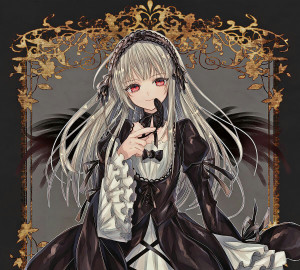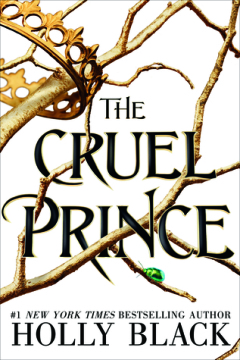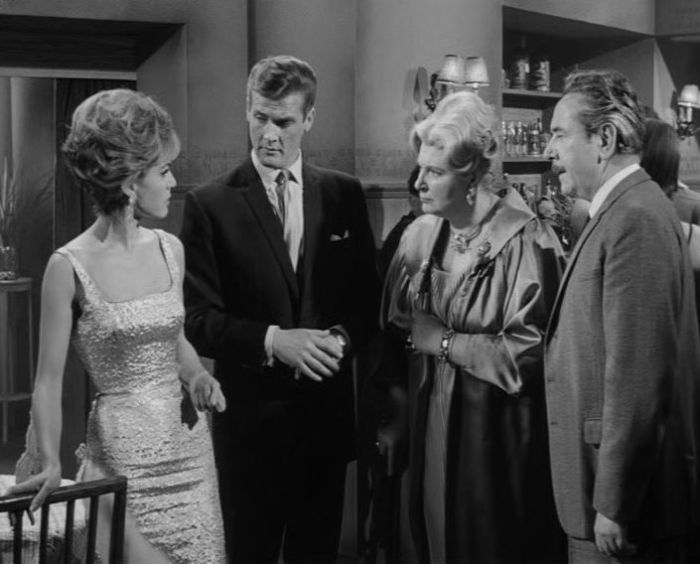So this week is that favorite of holidays in the U.S., Thanksgiving. I say favorite because, of course, it’s predicated on the successful colonization of the North American Continent by mainly Puritan immigrants from the U.K., and therefore kind of a shitty thing to be celebrating. Nevertheless, it persists.
In response, I’m going to try to put together a Tuesday List of books in which colonialism and imperialism are critically examined and generally come out the worse for it. So here goes:
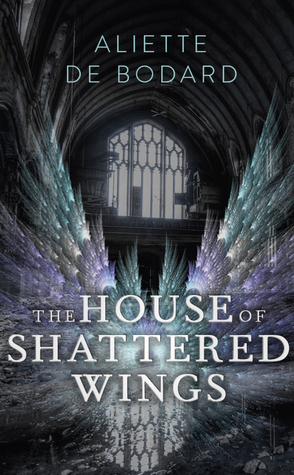

The setting is Paris after a magical war that all but shatters the city, and one of the main characters is a young man brought to France from Vietnam, a victim of former French colonization of Southeast Asia. Cultures clash in these two books, between the fallen angels of the European religious landscape and the dragons of Southeast Asia and beyond. These books deal with many topics, from intrigue and trust, to pain and resilience, to the ways in which humans use and exploit each other.
2. Sorcerer to the Crown, by Zen Cho

Cho’s debut novel deals not only with imperialism, but with race-based slavery, as Zacharias is a former African slave, freed by his mentor when his magical abilities are revealed and held up as a superior example of his race. On the other hand, Prunella Gentleman is the daughter of a woman of color most likely from Southeast Asia or the Pacific islands, and a white man from Europe. Prunella’s journey deals with finding her history, while Zacharias’ is about dealing with the past that put him where he is and the present racism that keeps him from doing his job.
3. Imperial Radch series, by Ann Leckie
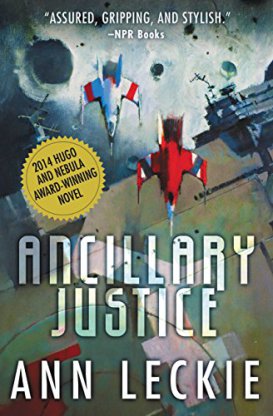
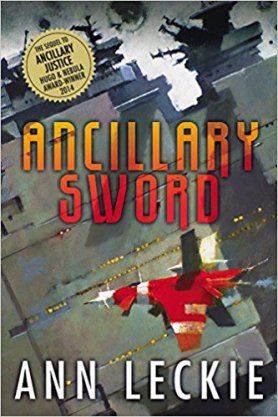

In a far future universe in which humans have solved long distance space travel and invented artificial intelligence, an empire exists whose sole purpose is to concur as many human systems as it can and bring justice, propriety, and benefit to all. Of course, to do this the Radch must assimilate, force natives to change and accept the rule of a government far away, and above all defend its interests everywhere. Though there are some benefits to being part of the Radch, such as an end to poverty, the loss of familiar traditions and beliefs, as well as the ways in which newly conquered systems are exploited, are at the heart of the trilogy, and among the motivations for Breq, a former ancillary in a human body who must learn to function now that she is no longer part of the massive AI of her ship.
4. A Stranger in Olondria, by Sofia Samatar
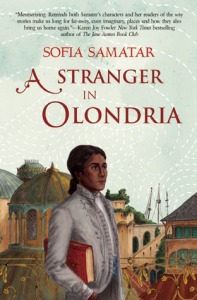
Samatar’s debut novel deals with the conflicting vicissitudes of imperialism, beginning with the story of Jevick, son of a rich pepper merchant on the Tea Islands. Jevick’s life, by colonial standards, is good, as he has access to wealth and learning, as long as he plays by rules laid out long before he was born. But when Jevick desires to move beyond the small scope of his home islands, he learns that all the education and goodwill in the world can’t protect him from xenophobia and exploitation by powerful forces on the Olondrian mainland. Jevick must learn to see through the glamour of knowledge and power and make his own decisions.
5. The Goblin Emperor, by Katherine Addison

My favorite part of this novel is the steampunk workers’ revolt, where Maia, the half-goblin child of the dead emperor, finds out that the reason he ascended the throne was because a group of engineers tried to blow up the entire royal family and Maia just happened not to be on the air ship. This novel is a well-written fantasy of manners about an outsider, half-goblin half-elf, trying to learn how to be the ruler of an empire of elves. There’s plenty more going on, though, to make you want it to be part of a series.
Advertisements Share this:



